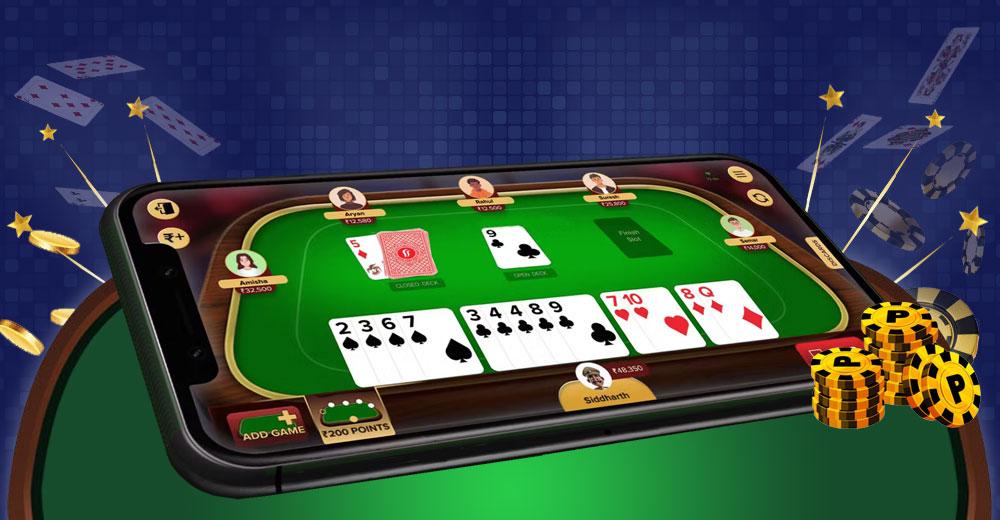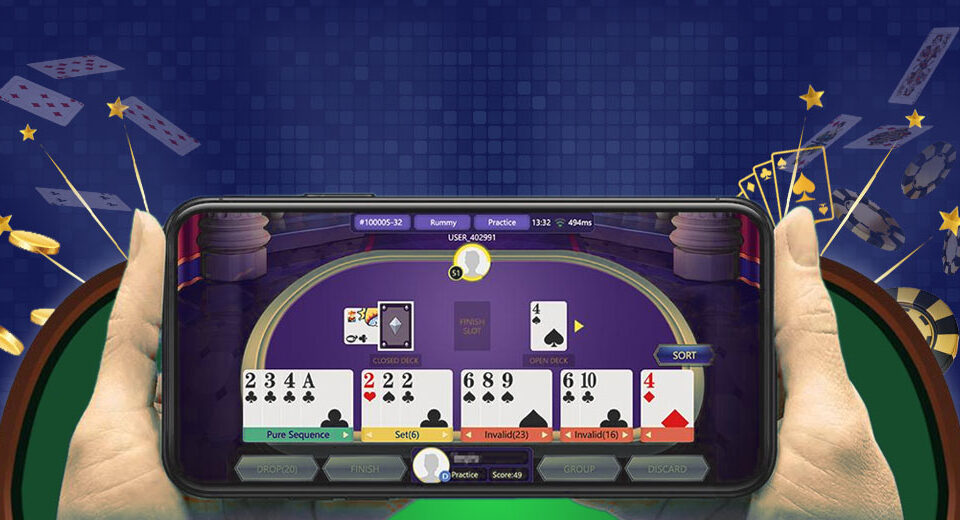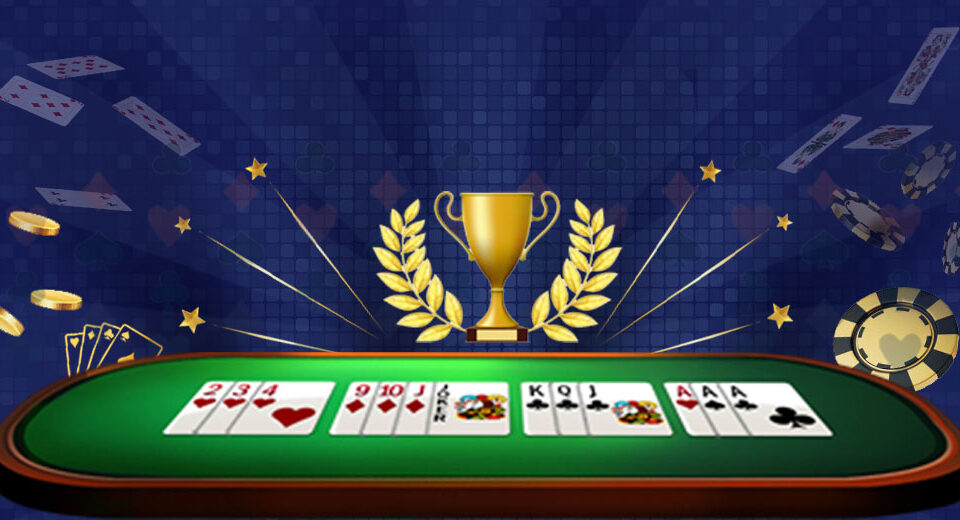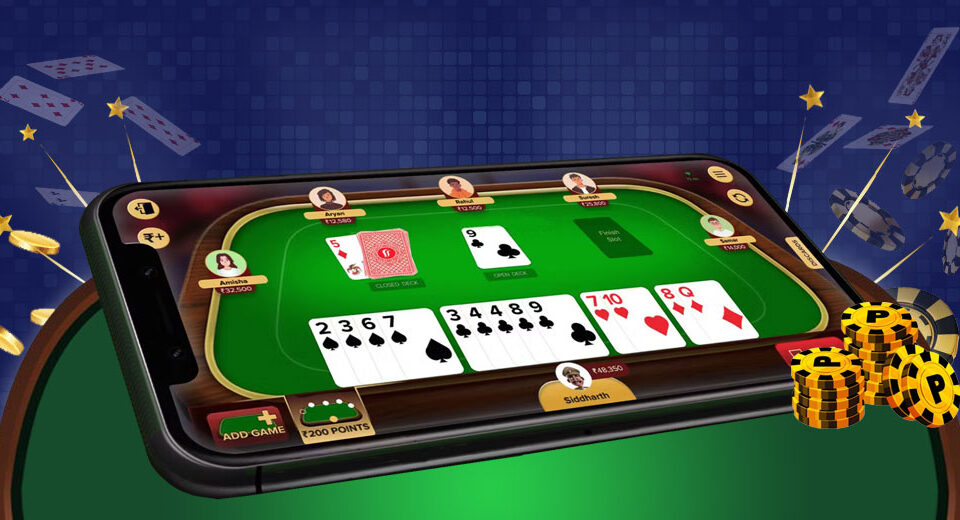Points Rummy vs Deals Rummy
As rummy continues to grow across digital platforms, different formats of the game present players with distinct experiences and tactical challenges. Two of the most prominent variations - Points Rummy and Deals Rummy - are especially popular in online settings. While both are rooted in the fundamental structure of the Indian rummy card game, they diverge in terms of duration, scoring mechanisms, and player approach. Choosing between them requires a clear understanding of what each format offers in the evolving space of Indian rummy online.
This article outlines the core differences between Points Rummy and Deals Rummy, helping you fine-tune your strategy based on the structure and pace of the rummy game online you choose to engage with.
1. Game Format and Objective
Points Rummy is a fast-paced version where each point has a pre-decided value. Players compete for a single deal, and the player who makes the first valid declaration wins the round. Scores are calculated based on the points of the losing players, and the winner accumulates the monetary value of those points.
In contrast, Deals Rummy operates over a set number of deals (typically 2 or 3). All players start with a fixed number of chips, and chips are exchanged based on the outcome of each deal. The player with the highest number of chips at the end of all deals is declared the winner. This adds a layer of continuity and forces players to think beyond a single round.
2. Game Duration
Points Rummy is known for its quick turnaround. Each round concludes in a single deal, making it an ideal choice for players who prefer short and decisive gameplay.
Deals Rummy takes longer, as it includes multiple deals in a single match. This makes it more suitable for players who enjoy prolonged engagement and strategic evolution over time.
3. Scoring and Winning Criteria
In Points Rummy, the emphasis is on immediate decision-making and swift execution. The value of each point is predetermined, so the final score depends on the losing players' points and the agreed point rate. It rewards players who can finish quickly and efficiently.
Deals Rummy introduces chip-based scoring. Players must manage their chips strategically across all deals, aiming for consistent performance. A poor showing in one deal can be recovered in the next, which adds resilience and depth to the gameplay structure.
4. Strategy and Risk Management
Points Rummy encourages bold and aggressive strategies due to its single-deal format. Players may take calculated risks to complete their melds before others.
Deals Rummy requires more conservative planning. Since the outcome is determined over several rounds, players must balance risk and preservation of chips. Tactical folds and defensive plays are more common here than in Points Rummy.
5. Pressure and Decision Pace
Points Rummy often creates high-pressure moments within a brief timeframe. Each move can be decisive, requiring players to maintain sharp focus and act quickly.
Deals Rummy allows for more deliberate thinking. Because players know they have multiple rounds to execute their strategy, there's room for adaptive decisions based on the evolving dynamics of the match.
6. Player Engagement and Learning Curve
Points Rummy is great for beginners. Its simple format helps players understand the Indian rummy rules without committing to a long session. The instant feedback from wins and losses accelerates learning.
Deals Rummy suits players looking to explore advanced strategies. It mimics tournament-like gameplay, where endurance and chip control become central to success. It’s especially rewarding for those ready to explore the full potential of Indian rummy online.
7. Adaptation in Online Platforms
Digital platforms have optimized both formats to suit varying player preferences. Points Rummy is featured prominently for quick matches, making it ideal for mobile gaming sessions. Deals Rummy is integrated into leaderboard and tournament formats, often attracting more seasoned and tactical players.
Conclusion: The best way to use a joker is at the peak play time.
Points Rummy is tailored for rapid gameplay, making it perfect for short sessions and immediate gratification. Deals Rummy offers strategic richness and a tournament-like experience. Whether you’re learning the basics or refining advanced tactics, both formats serve as excellent training grounds under the scope of Indian rummy card game and modern online rummy game playstyles
.



